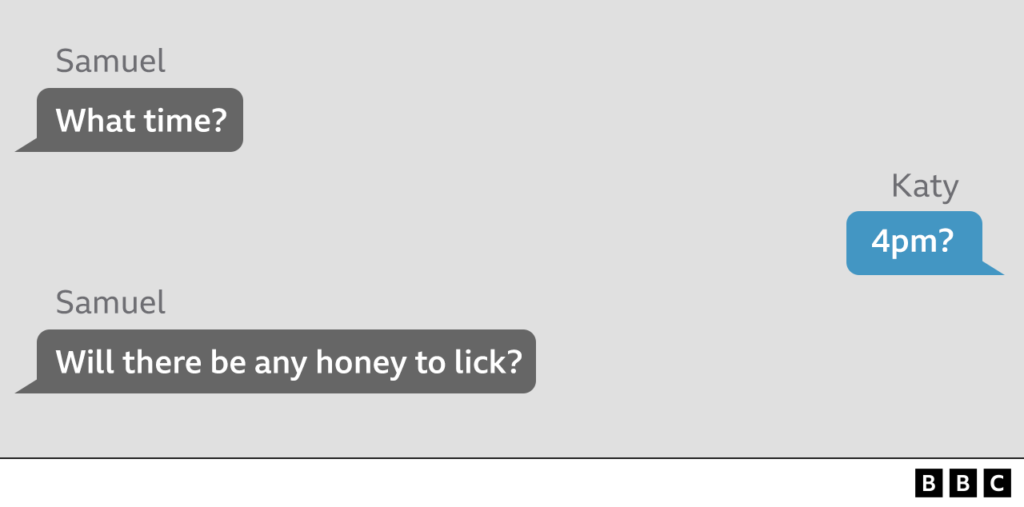On tea farms that supply some of the most well-known brands in the UK, such as PG Tips, Lipton, and Sainsbury’s Red Label, sexual exploitation has been discovered.
More than 70 women who worked on Kenyan tea farms owned by two British companies for many years told the BBC that their bosses had abused them sexually.
On Unilever and James Finlay & Co.-owned plantations, covert video captured local bosses pressuring a reporter to have sex.
There have now been three manager suspensions.
Similar accusations were made against Unilever more than ten years ago, and as a result, the company established a reporting system, a “zero tolerance” policy for sexual harassment, and other measures. However, a joint investigation by BBC Africa Eye and Panorama discovered evidence that sexual harassment claims were not being investigated.
Women who worked on tea farms owned by both companies were interviewed by Tom Odula of the BBC. Numerous people informed him that they had no choice but to give in to their bosses’ sexual demands because employment opportunities were so scarce or risk going without.
One woman said, “I can’t lose my job because I have kids.”
Another woman claimed that a divisional manager forced her to have sex with him or risk losing her job.
He wants to sleep with you, then you get a job—just it’s torture, she said.
Another woman claimed to have contracted HIV from her boss after being forced to have sex with him, according to the BBC.

The BBC hired undercover reporter Katy—not her real name—to work on the tea plantations in order to gather more information about the claims of sexual abuse.
In one instance, John Chebochok, a recruiter for James Finlay & Co, invited Katy to a job interview. In actuality, the interview took place in a hotel room.
Several women who spoke to the BBC’s Tom Odula had already described Mr. Chebochok as a “predator.” He has worked on Finlay’s plantations for more than 30 years, first as an estate manager and then as the owner of a contracting business.
Mr. Chebochok forced Katy up against a window and demanded that she touch him and take off her clothes.
“I’ll first give you some cash, and then I’ll find you work. You helped me; now help me “said he.
“We’ll collapse, finish, and then leave. You then come and work.”
Katy made it clear that she was against it. He gave up after a while, and a member of the production crew who was stationed close by for her protection placed a call to give her a reason to leave.
“I was incredibly alarmed and shocked. The women who work for Chebochok must find it extremely difficult “Katy said.
Following a call from the BBC, James Finlay & Co. reported that Mr. Chebochok was immediately suspended. The business claimed that it also reported him to the police and that it was currently looking into whether or not sexual violence is “an endemic issue with its Kenyan operation.”
While working as a covert agent at a farm that was being managed by Unilever at the time, Katy also encountered sexual harassment.
She was invited to an induction day where Jeremiah Koskei, a divisional manager, spoke to his new hires about Unilever’s zero-tolerance sexual harassment policy.
He then attempted to coerce “Katy” into having sex with him by inviting her to meet him in a hotel bar that night and suggesting they go back to his compound together.
In a later statement, Katy said: “I can only imagine how that encounter would have played out if my whole life really hinged on this opportunity.”
Katy was given a job on the weeding team, which requires arduous work six days a week. Many women have requested to be moved.
Samuel Yebei, the manager there, approached her about having sex in exchange for having less work to do.

When Katy reported the behavior to one of Unilever’s sexual harassment officers, she was told: “Maintain your integrity. Avoid offering your body in exchange for employment.”
She pursued to learn what steps were being taken against her superiors but got no response.
The allegations, according to Unilever, “deeply shocked and saddened” it. In Kenya, the company sold its business while the BBC was covertly filming.
The two managers have been “immediately suspended,” according to the new owner, Lipton Teas and Infusions, who has also commissioned a “full and independent investigation.”
A comment from Jeremiah Koskei was not provided to BBc, and Samuel Yebei refutes the accusations made against him.
Starbucks as well as Sainsbury’s and Tesco supermarkets receive Kenyan tea from James Finlay and Co.
Tesco declared that it takes the accusations “extremely seriously” and that it is in “constant dialogue” with Finlay’s to make sure “robust measures” are implemented.
According to Sainsbury’s, “These horrific allegations have no place in our supply chain,” in response to the BBC investigation. In a new, updated statement released on Monday, it promised to “take robust action to safeguard workers” in its “tea supply chain.”
On Monday, Starbucks also released a statement in which it expressed its “deep concern” and stated that it had taken “immediate action” to stop buying from James Finlay and Company in Kenya.








